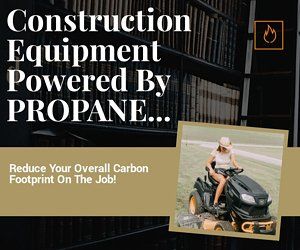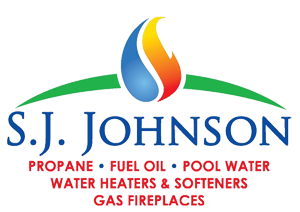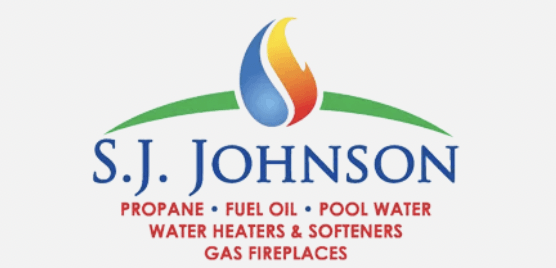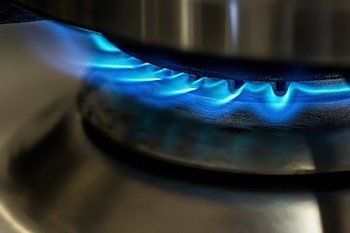Master Gas Fitter #90028
PROPANE POWERS SOUTHERN MARYLAND
Natural Gas vs. Propane: Understanding the Differences
Natural gas and propane are both commonly used as energy sources for heating, cooking, and powering various appliances. While they are similar in many ways, there are distinct differences between the two. In this article, we will explore the dissimilarities between natural gas and propane, helping you understand their unique characteristics and applications for your Southern MD Home.
Composition and Source:
Natural Gas:
Natural gas is primarily composed of methane (CH4) and is formed through the decomposition of organic matter over millions of years. It is extracted from underground reservoirs through drilling operations.
Propane:
Propane, on the other hand, is a byproduct of natural gas processing and petroleum refining. It is a hydrocarbon gas consisting of three carbon atoms and is typically stored as a liquid under pressure or in its gaseous state.
Energy Content:
Natural Gas: Natural gas has a lower energy content per unit volume compared to propane. However, since it is often supplied through pipelines, it is readily available and convenient for residential and commercial use.
Propane: Propane has a higher energy content per unit volume than natural gas. This higher energy density makes it an efficient fuel for a variety of applications, particularly in areas without access to natural gas pipelines.
Storage and Transportation:
Natural Gas: Natural gas is typically transported through an extensive pipeline infrastructure. Once it reaches residential or commercial properties, it is delivered directly to consumers through a metered connection.
Propane: Propane is transported and stored as a liquefied petroleum gas (LPG) under moderate pressure. It is commonly stored in portable tanks or larger stationary tanks on residential or commercial properties. This portability makes propane an ideal fuel option for off-grid locations or areas without access to natural gas pipelines.
Safety Considerations:
Natural Gas: Natural gas is lighter than air and tends to dissipate quickly in case of a leak. However, it is highly flammable and can pose a risk if not handled properly. Natural gas leaks are typically detected through the distinctive odor of added odorants.
Propane: Propane is heavier than air and tends to settle in low-lying areas if there is a leak. It is also highly flammable and requires proper ventilation when used indoors. Like natural gas, propane is odorized to aid in leak detection.
Cost and Availability:
Natural Gas: Natural gas is generally more cost-effective than propane, primarily due to its widespread availability and the infrastructure in place for transportation and distribution through pipelines. However, the cost of natural gas can vary based on regional supply and demand factors.
Propane: Propane is often more expensive than natural gas due to additional processing and storage requirements. However, its availability is not limited by pipeline infrastructure, making it accessible in areas where natural gas is not readily available.
Conclusion:
Understanding the differences between natural gas and propane is essential for selecting the most suitable fuel source for your specific needs throughout Southern Maryland. While natural gas offers convenience and affordability through pipeline distribution, propane provides portability and higher energy density. Consider factors such as energy requirements, availability, safety considerations, and cost when deciding between the two. By making an informed choice, you can ensure efficient and reliable energy use for your residential or commercial applications.








